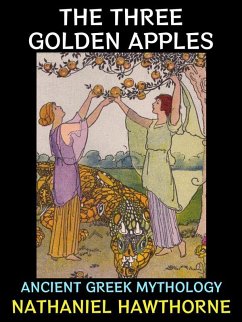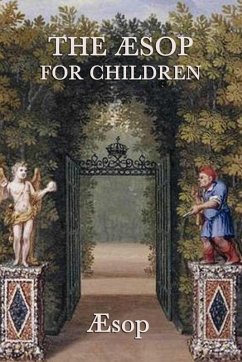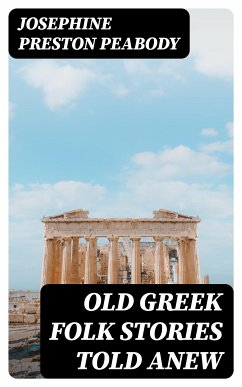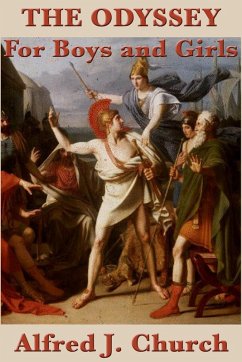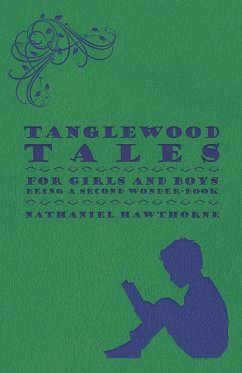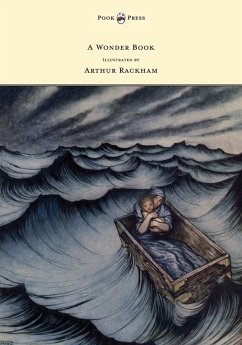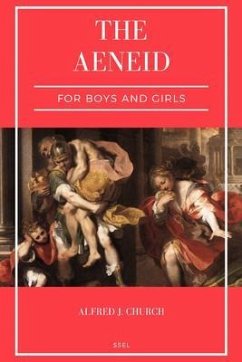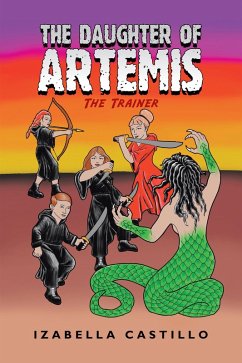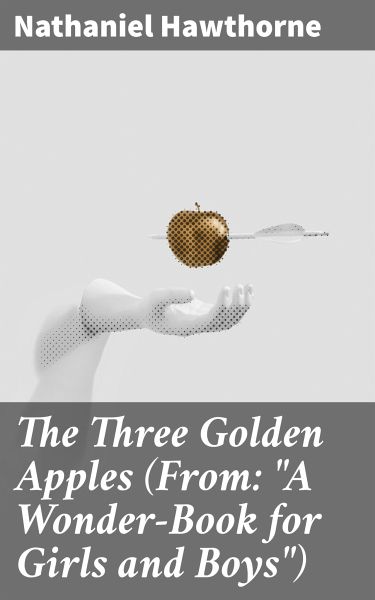
The Three Golden Apples (From: "A Wonder-Book for Girls and Boys") (eBook, ePUB)
A Mythical Quest for Destiny and Knowledge
Versandkostenfrei!
Sofort per Download lieferbar
0,49 €
inkl. MwSt.
Weitere Ausgaben:

PAYBACK Punkte
0 °P sammeln!
In "The Three Golden Apples," Nathaniel Hawthorne weaves a rich tapestry of myth and morality, encapsulating timeless themes through the lens of classical storytelling. This enchanting tale, part of his larger work "A Wonder-Book for Girls and Boys," draws upon ancient Greek mythology, particularly the story of the golden apples of the Hesperides. Hawthorne's lyrical prose and imaginative style captivate readers, blending adventure with profound moral lessons, as the characters grapple with themes of desire, ambition, and the consequences of their choices. His deft narrative craft echoes the R...
In "The Three Golden Apples," Nathaniel Hawthorne weaves a rich tapestry of myth and morality, encapsulating timeless themes through the lens of classical storytelling. This enchanting tale, part of his larger work "A Wonder-Book for Girls and Boys," draws upon ancient Greek mythology, particularly the story of the golden apples of the Hesperides. Hawthorne's lyrical prose and imaginative style captivate readers, blending adventure with profound moral lessons, as the characters grapple with themes of desire, ambition, and the consequences of their choices. His deft narrative craft echoes the Romantic tradition, inviting young minds to ponder profound truths in a deceptively simple manner. Hawthorne, an esteemed figure in American literature, often explored themes of morality, guilt, and human nature. His background in Puritan New England significantly influenced his writings, as he sought to reconcile the complexities of human experience with moral integrity. "The Three Golden Apples" exemplifies his preoccupation with the intersection of myth and human folly, revealing his fascination with allegory and the moral dimensions of seemingly innocent tales. This delightful narrative is highly recommended for readers of all ages, particularly those interested in how classic mythology can illuminate moral insights. Hawthorne's masterful storytelling not only entertains but also encourages reflection on the human condition, making it a valuable addition to both children's literature and the broader canon of American literature.
Dieser Download kann aus rechtlichen Gründen nur mit Rechnungsadresse in A, B, BG, CY, CZ, D, DK, EW, E, FIN, F, GR, H, IRL, I, LT, L, LR, M, NL, PL, P, R, S, SLO, SK ausgeliefert werden.




